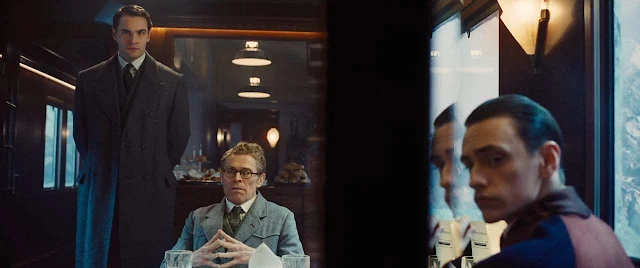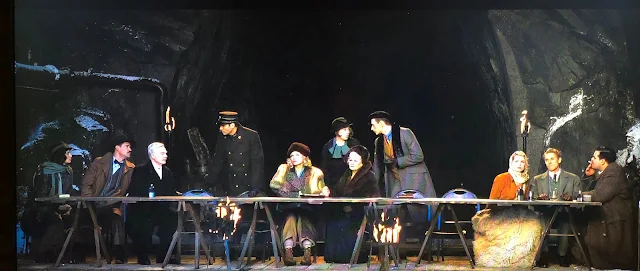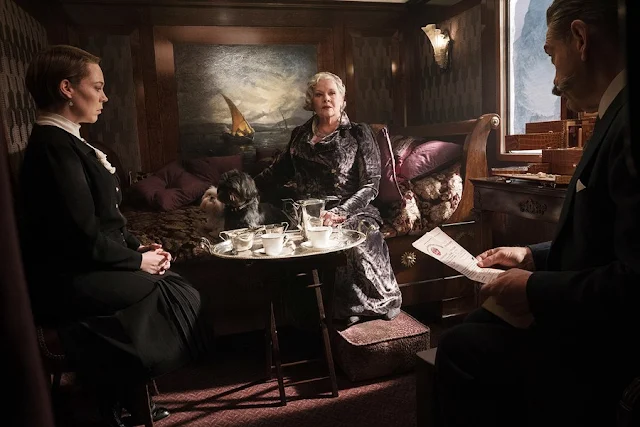Cast: Jude Hill, Catríona Balfe, Jamie Dornan, Judi Dench, Ciarán Hinds, Lewis McAskie, Lara McDonnell, Colin Morgan, Michael Maloney. Screenplay: Kenneth Branagh. Cinematography: Haris Zambarloukos. Production design: Jim Clay. Film editing: Úna Ní Dhonghaíle. Music: Van Morrison.
Viewing terrible times from the point of view of a child is a familiar movie trope: In 1987, for example John Boorman did it in Hope and Glory and Steven Spielberg in Empire of the Sun. And Kenneth Branagh did it quite well in the semi-autobiographical Belfast, set in the titular city during 1969, the year when his family decided to emigrate to England to escape the bloody conflict between Catholics and Protestants in Northern Ireland. Branagh has been a middling director of films except for his Shakespeare outings, particularly his Henry V (1989) and Much Ado About Nothing (1993) – I’d also include his Hamlet (1996), but it’s a little too gimmicky with its cameo roles for actors like Billy Crystal, Charlton Heston, and Robin Williams. Belfast, however, is a heartfelt personal project, which is its greatest strength but also – in a certain lack of distance and sentimentality in the storytelling – its chief weakness. The standout performances come from Catríona Balfe as the mother, whose grit and determination are finally undermined by the rioting, and Judi Dench and Ciarán Hinds as the grandparents. For once, Dench is not cast as a crusty old dame in the mode of her Queens Elizabeth I and Victoria, but rather as a sweet and slightly dotty old woman devoted to her husband, played also somewhat against type by Hinds. The whole thing is set to a score and songs by Van Morrison, another move in the film’s favor. Solid, somewhat old-fashioned moviemaking.

































